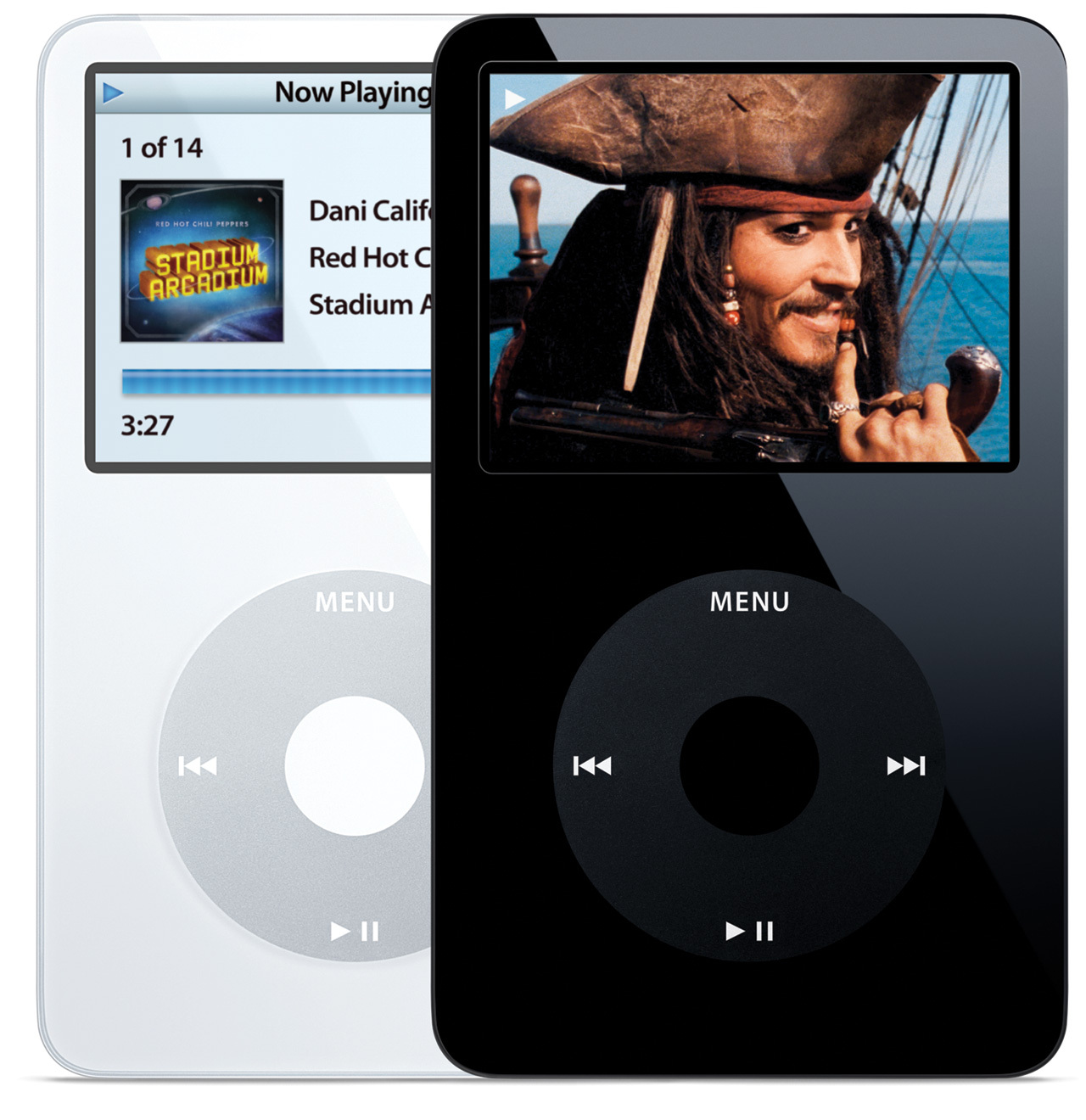Shocking: 95 Percent Music Downloads Still Illegal
It’s no at all shocking that the majority of music downloaded today are illegal, but numbers released by International Federation of the Phonographic Industry (IFPI) are somewhat worrying.
It’s no at all shocking that the majority of music downloaded today are illegal, but numbers released by International Federation of the Phonographic Industry (IFPI) are somewhat worrying.

According to the IFPI report, which represents the music industry worldwide, 95 percent of all music downloaded online is illegal -- that is, obtained without rights from the holders of the property.
“Generating value in an environment where 95 per cent of music downloads are illegal and unpaid for is still the biggest challenge for music companies and their commercial partners,” the IFPI said in a release.
Amidst all the piracy, digital music sales are still up, growing by an estimated 25 percent to $3.7 billion in trade value. The report puts digital platforms at around 20 percent of recorded music sales, up from 15 percent in 2007.
The ability to purchase single tracks rather than a full album is one allure of digital music sales -- a habit that was up 24 percent in 2008. Interestingly enough, full album sales were up 36 percent over the previous year.
"The recorded music industry is reinventing itself and its business models,” said John Kennedy, chairman and chief executive of IFPI. “Music companies have changed their whole approach to doing business, reshaped their operations and responded to the dramatic transformation in the way music is distributed and consumed.”
Some music companies that are up with the times get that selling music alone isn’t the only way to make money. “We don’t sell records any more, we act wherever people experience music, from digital and physical formats to all the other ‘touch points’ of the music experience: from being part of the discovery process, to music in games like Rock Band and Guitar Hero or recording and selling music at live events and so on,” said Elio Leoni Sceti, chief executive of EMI Music. “Our role is not to put physical discs on a shelf but to reach consumers wherever they are.”
Greg Turner, creative licensing manager, film and computer games of Universal Music UK echoed that idea. “Games are an increasingly popular way for new acts to reach new audiences. As the games get more sophisticated, the opportunities for in-game advertising, product placement and personalization of the experience will increase. The possibilities are endless.”
Social networking is another avenue now explored by the record labels. “Twenty to thirty percent of MySpace U.S. monthly traffic in 2007 was made up of music destination unique visitors,” said Michael Nash, executive vice president, digital strategy&business development at Warner Music Group.
“Social networks have been terrific for fans looking for bands they know, but far more challenging as a way of finding new bands. We have to help fans find music wherever they are at the moment they want it. If we can do that we will find ways to monetize it,” added Douglas Merrill, president, digital business at EMI Music.
Aside from trying to add value to paid downloads, the music industry is also pushing policing measures to governments and Internet service providers.
"There is a momentous debate going on about the environment on which our business, and all the people working in it, depends,” said Kennedy. “Governments are beginning to accept that, in the debate over ‘free content’ and engaging ISPs in protecting intellectual property rights, doing nothing is not an option if there is to be a future for commercial digital content.”
Get instant access to breaking news, the hottest reviews, great deals and helpful tips.
Marcus Yam is a technology evangelist for Intel Corporation, the latest in a long line of tech-focused roles spanning a more than 20-year career in the industry. As Executive Editor, News on Tom's Guide and Tom's Hardware, Marcus was responsible for shaping the sites' news output, and he also spent a period as Editor of Outdoors & Sports at Digital Trends.
-
frozenlead So the International Federation of the Phonographic Industry says that music downloading happens too much. Why am I much less than shocked?Reply -
afrobacon Last I checked an overwhelming majority of the revenue doesn't make it to the artist. For that reason alone I refuse to pay for music.Reply
There was a proposal a while back my another member here I would be in strong support of. Something like paying a monthly premium for downloading, with most of the money going directly to the artist. -
Tekkamanraiden Unfortunately the corporate side of the music industry will never let that happen. They are posed to lose too much money that way.Reply -
Thor I'm so sad to see that soon Madonna will need to sell one of her 100 Castle.Reply
:'(
Oh Dear !
I'm so sad for Nazi RIAA who continue spy everybody so Music Companies continue to make billion.
I'm so sad to see Music Companies sell their song more than $1 each when we know their value is less than 1 cent.
Poor Poor billionnaire.
I'm so sad to see this year they will make just 10 billion of profit at least of 11.
Poor poor them...
Really they have no "Justice" (for that they have any millionnaire/billionnaire in prison)...
-
I will be a pirate till the day i die. When has music become more about the money then the message. These musicians already make more then they deserve, its music, and everyone has it in them to create, no need to play them millions of dollars. Most of the music we listen to now and days is shoved down our throats through mtv and radio. They play what they want you to hear. www.thepiratebay.org bitchesReply
-
cheepstuff yup, there is not a man under the stars who would think of such a thing as say... morality...Reply -
fulle My favorite artists, after fighting with these blood sucking leeches for years, opted to just release music for free on the net and rely on touring to make the real cash.Reply
nin.com
http://remix.nin.com/
http://www.bigheadtodd.com/ -
JumpKickJoe Why am i going to pay for a single hit song that i heard on the radio for free when i could download it from some p2p and use it in my mp3 player, flash drive to connect to my car deck and share it with my friends? Those cluckers have got to be kidding.Reply -
I love how the statistic does nothing but benefit them and comes FROM them. I'd love to see just how they could actually track something of such a magnitude as downloading music with any sort of accuracy. I am sure the margin of error is like + or - 75% which is just laughable. If only they would redirect all their energy of prosecuting and lynching to a much better avenue.Reply
-
zodiacfml not surprised. downloads are no different to cassette tape recording/dubbing in the old days though downloading is easier and is vast.Reply
